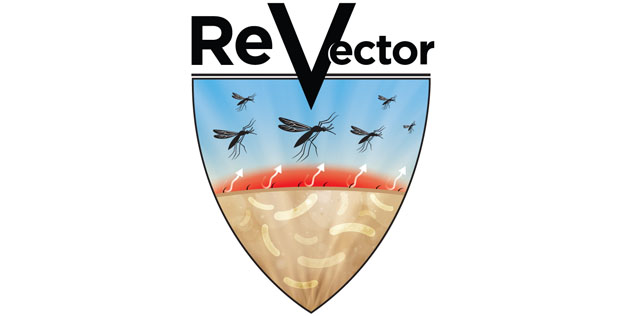
Defense Advanced Research Projects Agency (DARPA) officials are touting the benefits of ReVector, a new program from the agency’s Biological Technologies Office, in combating mosquito disease transmission.
ReVector seeks to actively repel mosquitoes by engineering the skin microbiome to alter chemical production temporarily. By modulating the interaction of skin-associated microbes with metabolites from the body, ReVector technologies may lower the incidence of mosquito feeding and reduce the opportunity for the insects to transmit diseases such as malaria, dengue, and chikungunya that reduce military readiness.
“Mosquitoes present one of the most stubborn threats out there to the health of deployed troops,” Christian Sund, the ReVector program manager, said. “Despite an array of existing countermeasures and prevention efforts, mosquito-transmitted diseases remain prevalent around much of the world. DARPA wants to apply the tools of biological engineering to create a new protective approach that is optimized for troops in the field. Our end goal is a treatment that is simple to apply, low maintenance, and without undesirable side effects.”
One of the results of the program’s successes will be platform technologies for learning about the skin microbiome and understanding how to modify it for beneficial ends temporarily. DARPA envisions future uses of ReVector technology in medical contexts such as treating infections and healing wounds.




